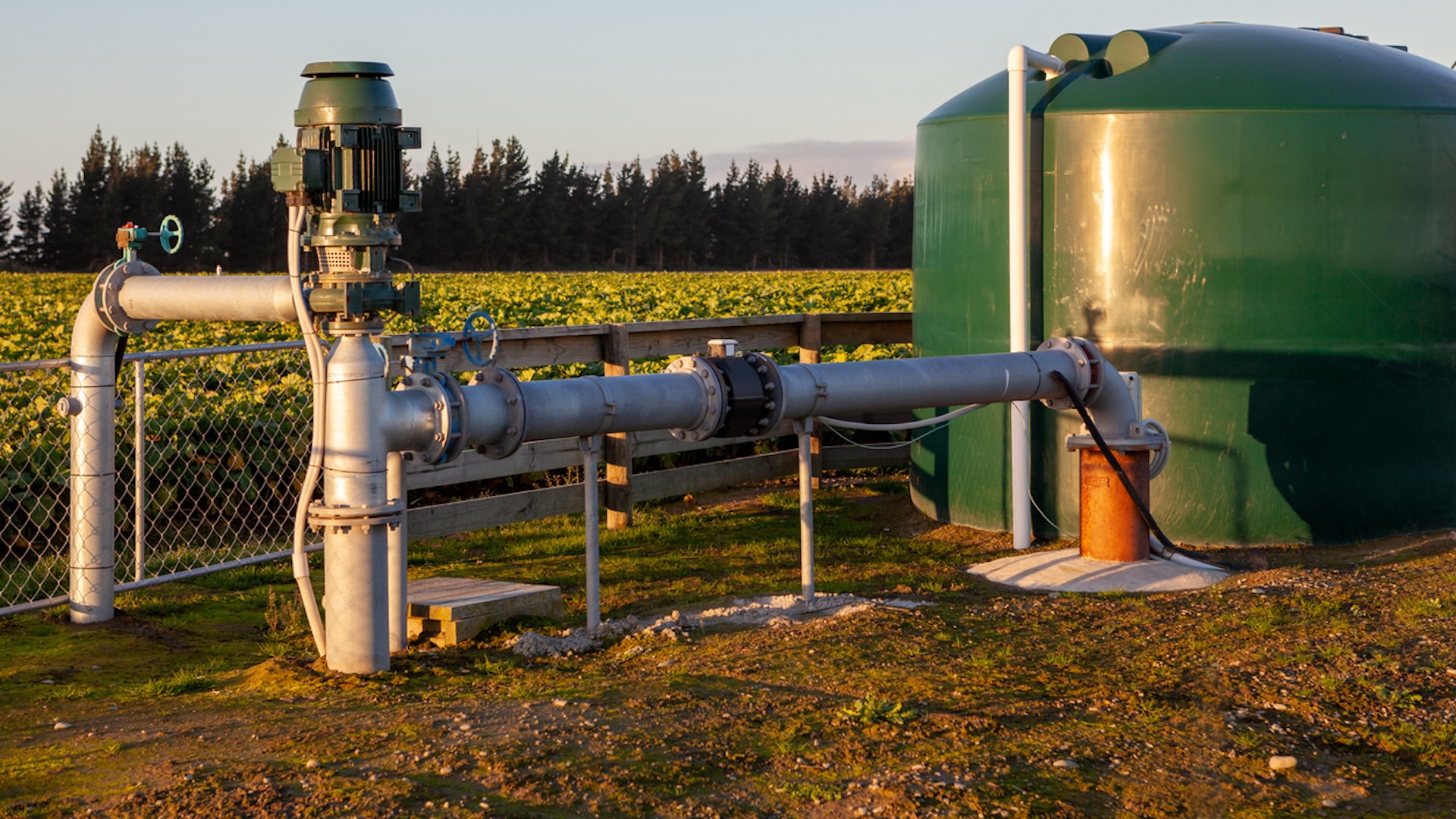Water scarcity as a result of human-caused global heating is an increasing concern, and California state regulators are getting ahead of the curve after voting on a probation to control groundwater supplies.
As Grist detailed, in California's Central Valley, farm owners' overuse of groundwater has resulted in supplies running low, meaning residential wells are at risk of water contamination or may dry up completely.
It could also increase water bills as demand outstrips supply. Households are already dealing with rising utility bills, although government initiatives like the Inflation Reduction Act are helping homeowners install energy- and money-saving technology like heat pumps and solar panels.
Additionally, excessive pumping increases the risk of sinkholes and form fissures, which can damage local infrastructure.
The California state board that regulates water voted unanimously to regulate groundwater at the Tulare Lake sub-basin, and farmers that use the water source will have to pay a fee to pump. The state will measure water usage and dish out fines if necessary.
"Groundwater is one of these collective resources where your pumping has an impact on a lot of other people, and you have to have a mechanism to manage that," Ellen Hanak, an economist and water expert at the Public Policy Institute of California, told Grist. "I seriously doubt that the state wants to be taking over basins and managing them, but there has to be a backstop."
According to Grist, "significant water users" around the Tulare Lake basin will be charged $20 per acre-foot of water from July, apart from individual households, impoverished communities, and public institutions. The probation will be lifted if water leaders can deliver a plan to make water-usage reductions.
The California Department of Water Resources says there are 515 groundwater basins and subbasins in the state, which provide as much as 41% of the state's total water supply. If water is pumped unchecked, this could have disastrous consequences for local supplies and the integrity of land.
California saw more wet weather than usual in 2023, but households were still experiencing water shortages, according to Cal Matters. As the outlet observed, groundwater replenishment requires careful planning and doesn't simply rely on rainwater seeping through the ground.
So controlling groundwater supplies and charging those who take advantage of a previously unregulated source should help to ensure Californians aren't left high and dry when drought conditions take hold.
Join our free newsletter for cool news and actionable info that makes it easy to help yourself while helping the planet.









